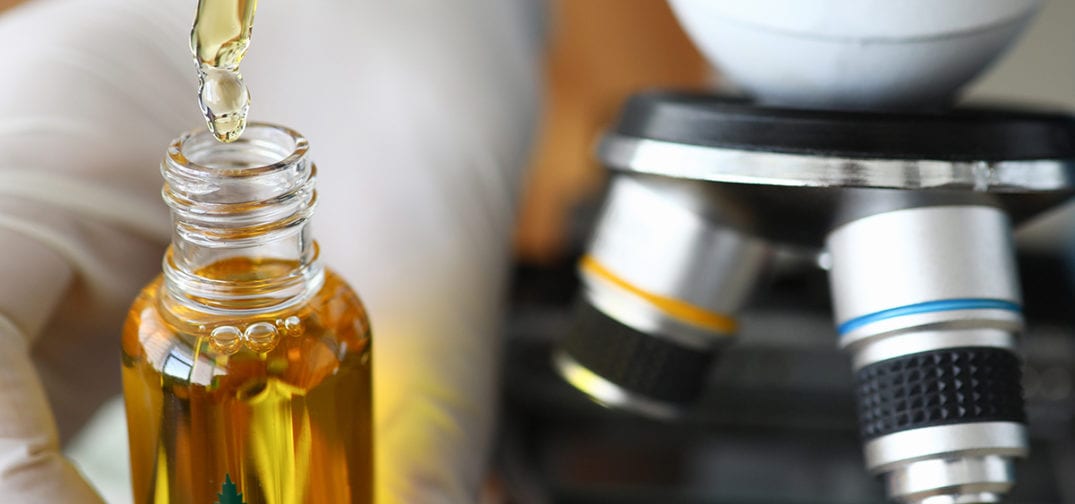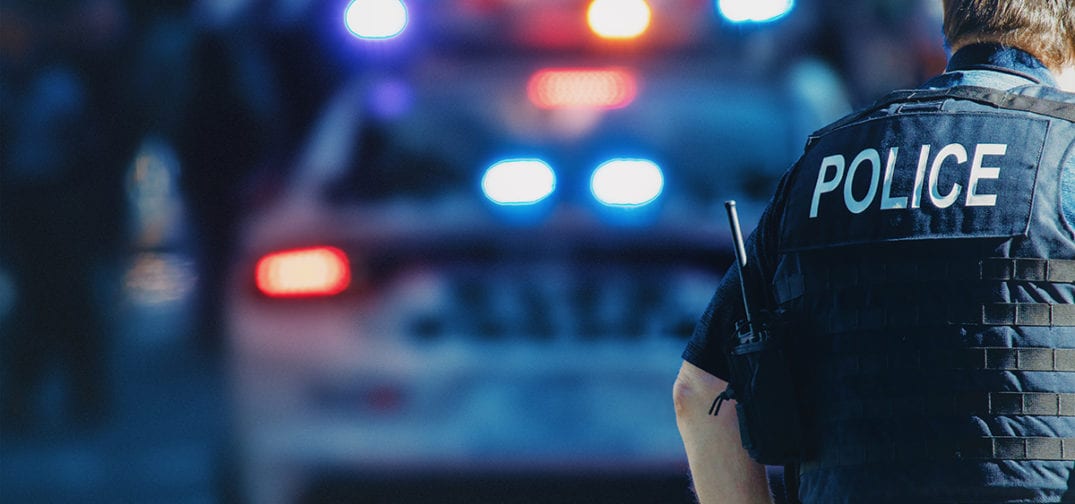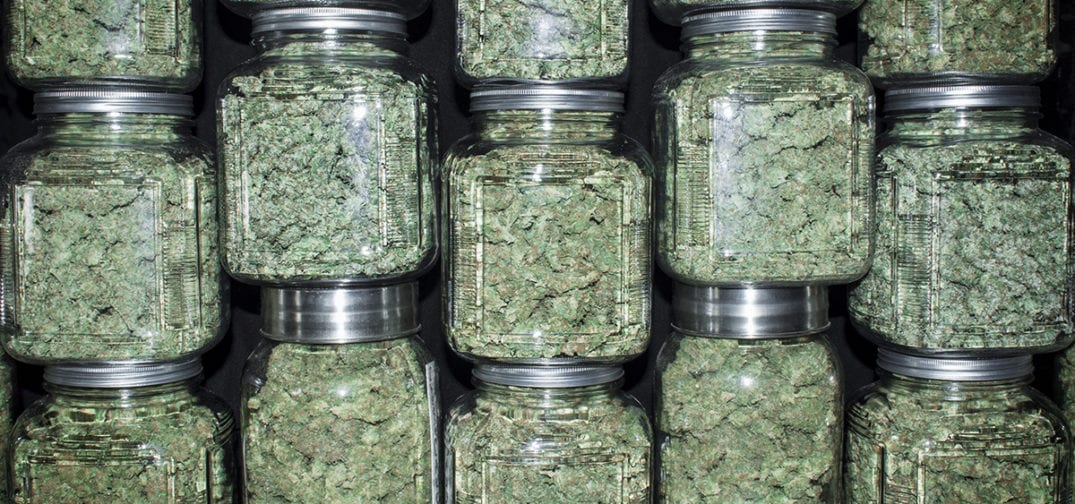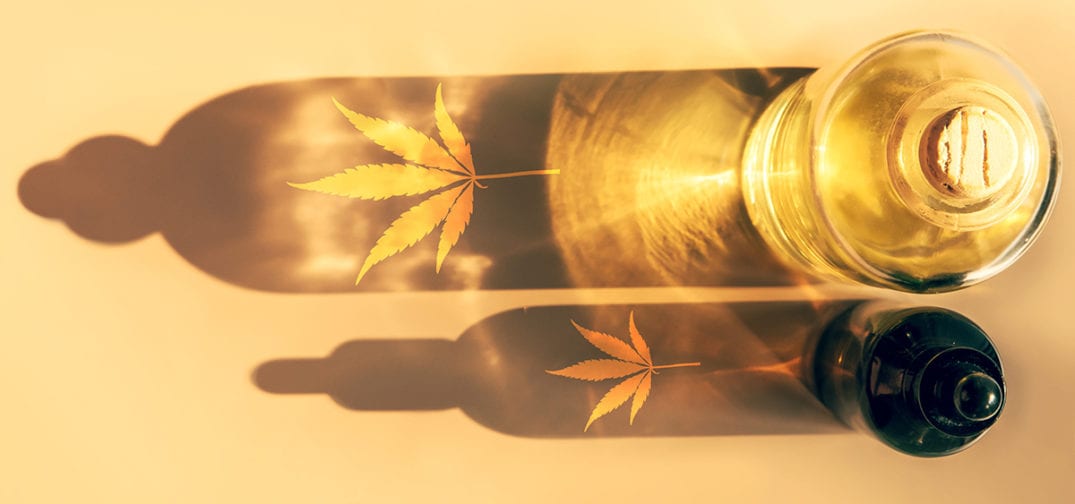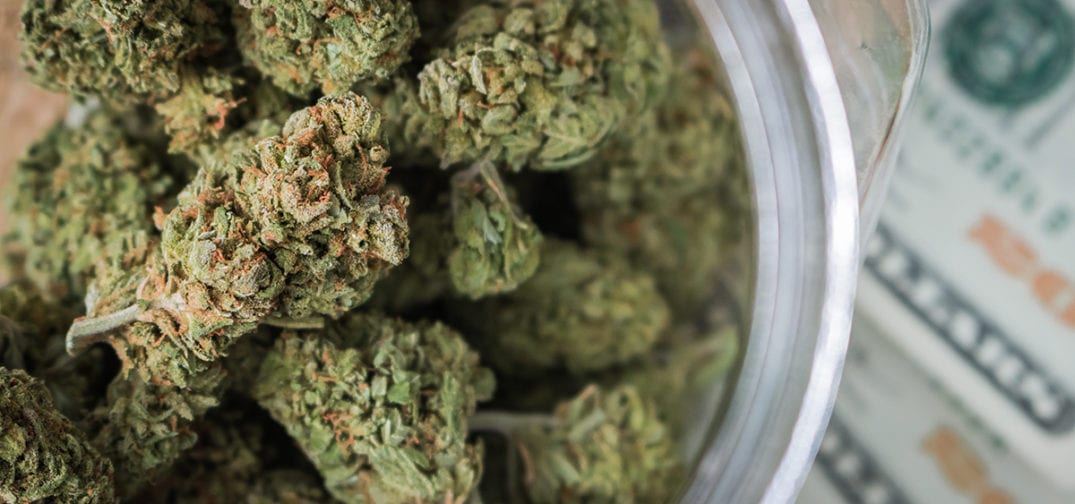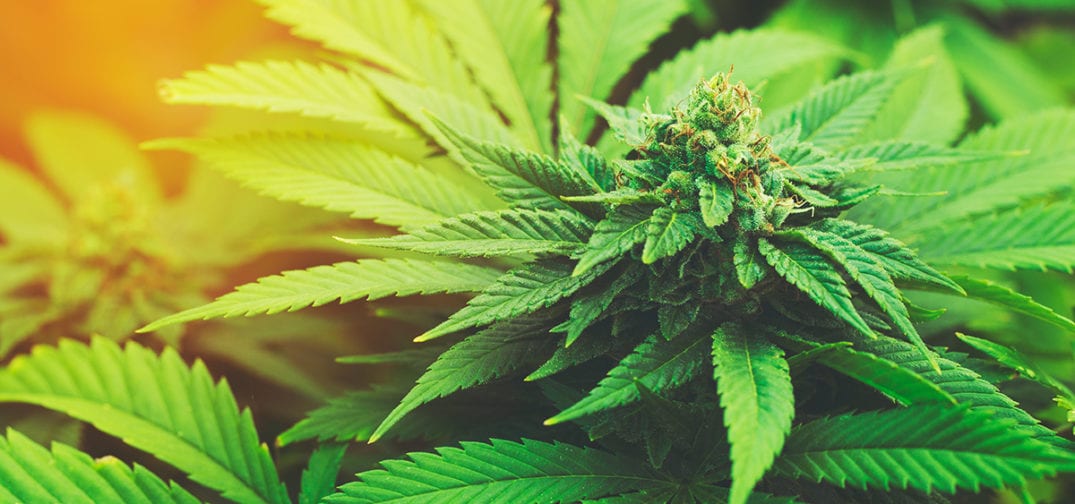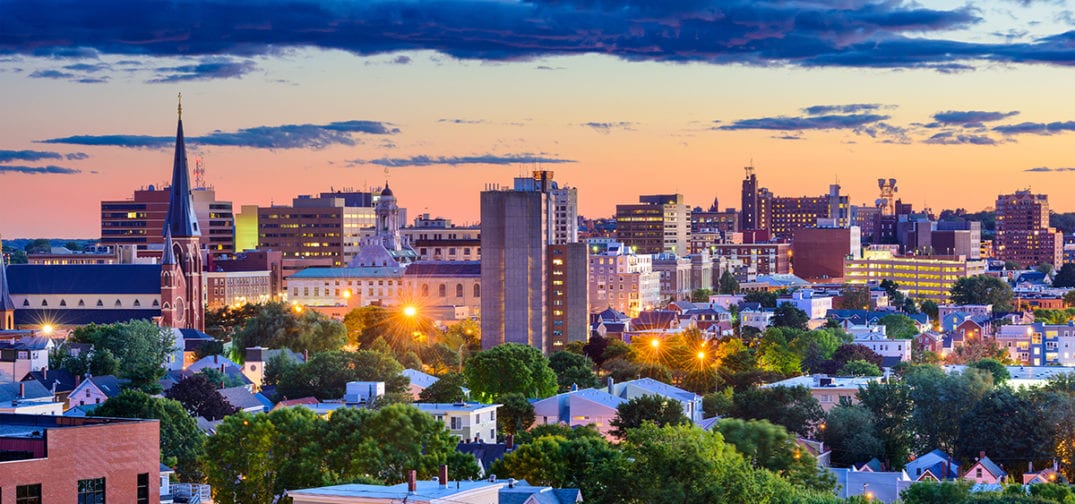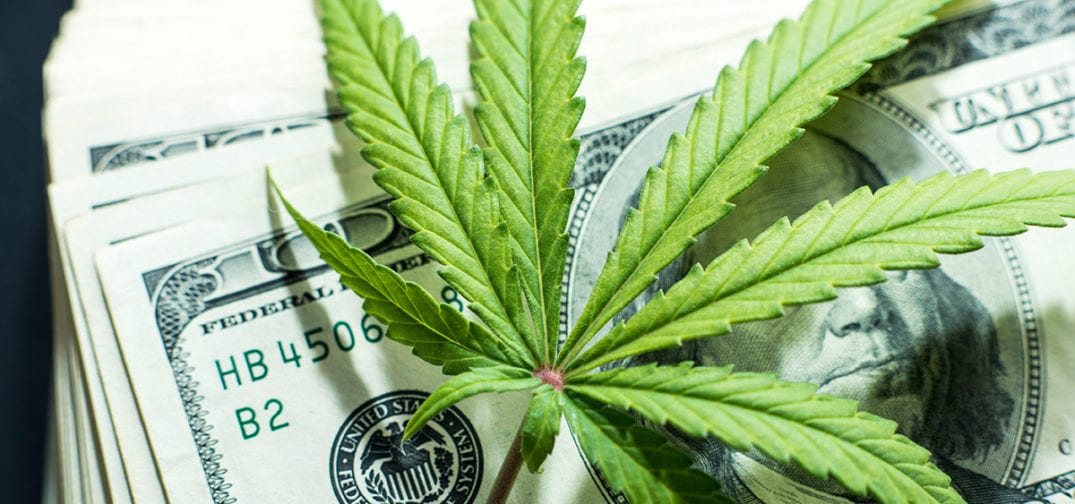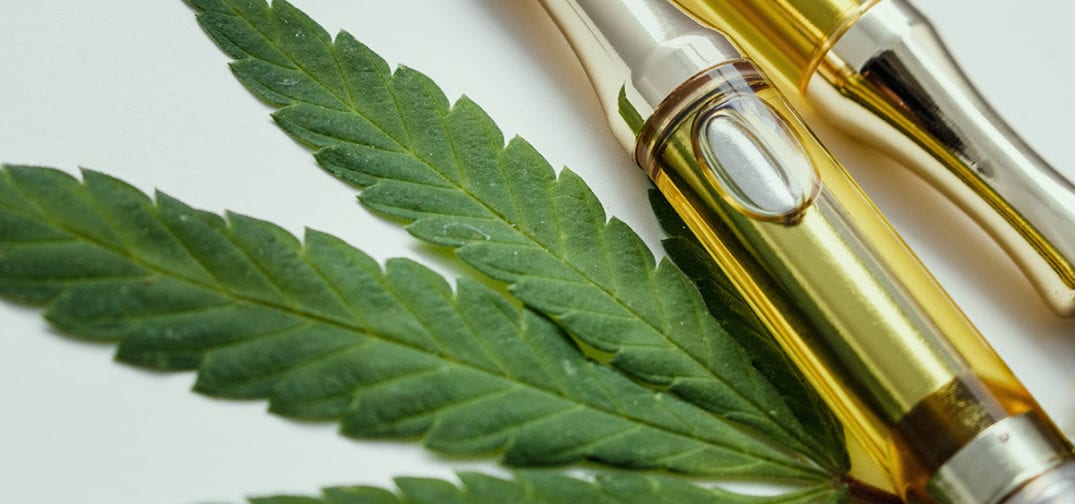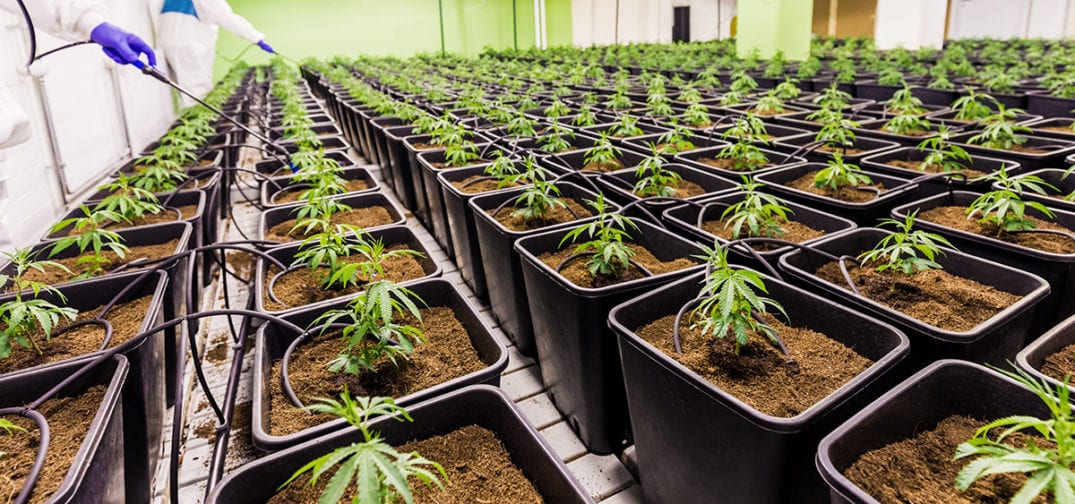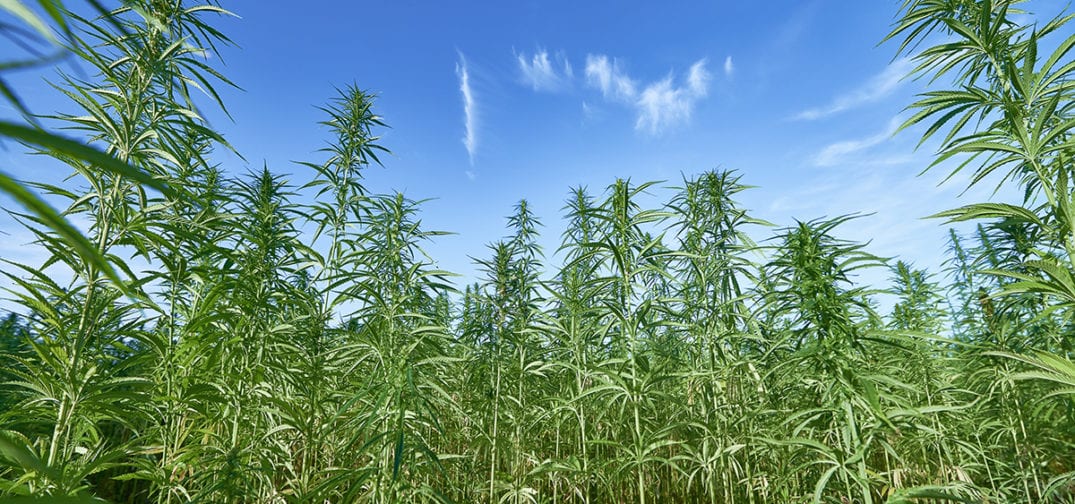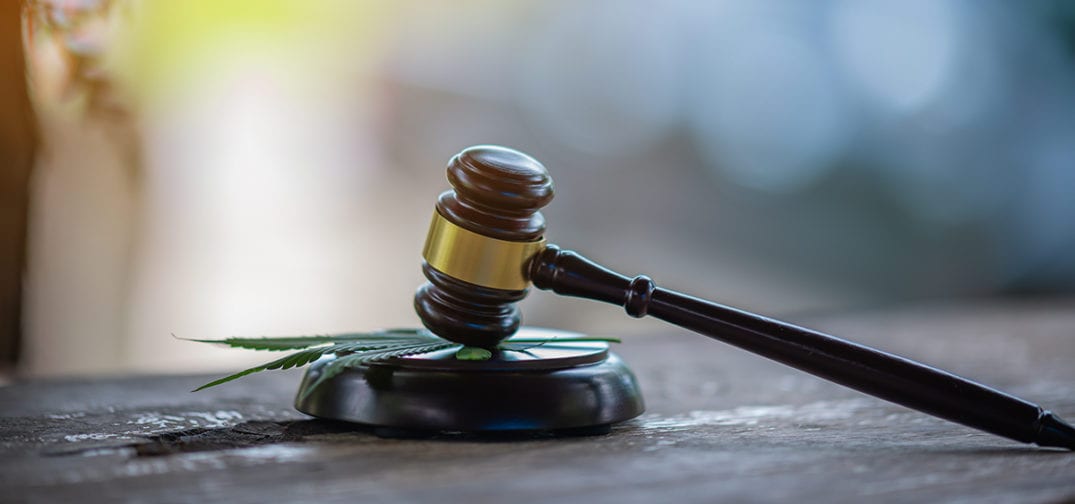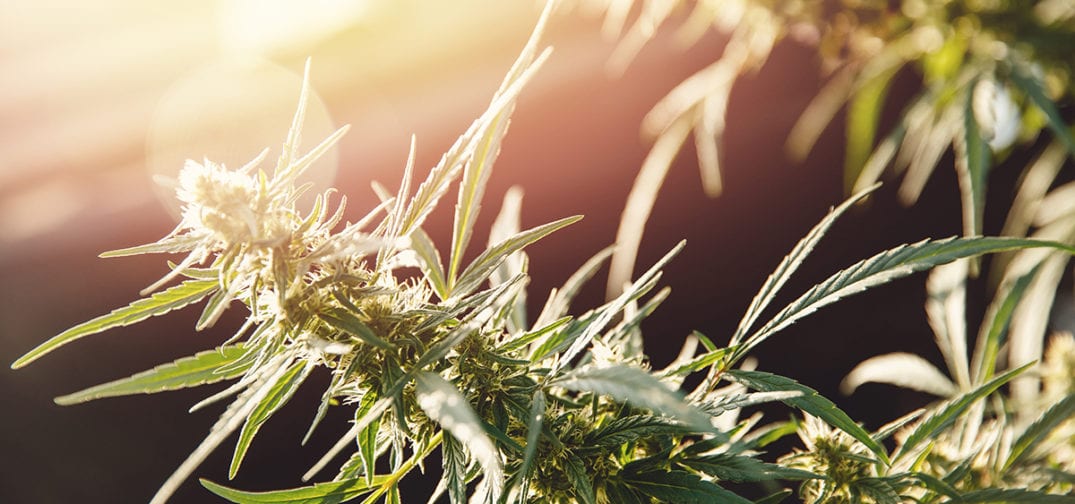Researchers at the University of Lethbridge’s Department of Biological Sciences and Pathway RX, a company aiming to develop cannabis therapies, suggest that certain cannabis strains show the potential to quell an immune system in the midst of a cytokine storm which occurs in some COVID-19 patients and leads to respiratory distress syndrome, the Lethbridge Herald reports.
The study is an update to the researchers’ findings published in April that found THC and CBD extracts could help prevent the coronavirus from spreading to and infecting humans.
Dr. Olga Kovalchuk, an author behind both studies, said in a press release the new research “identified three extracts that are very, very good strains” and the researchers altogether “have five strains we could formulate a clinical trial on right now.”
The specific strains identified by the researchers seem to control the immune response, working to prevent the cytokine storm while still maintaining some of the molecules needed to fight the virus. Kovalchuk says the extracts work through the endocannabinoid system, which regulates many of the body’s responses and has receptors that bind with cannabinoids.
In their initial study, the researchers did not posit cannabis extracts as a cure for the virus but suggested they might be used as an “adjunct therapy” in combating the virus’ spread. The updated research suggests that cannabis extracts could be used therapeutically in patients suffering from coronavirus-related respiratory distress syndrome.
The new study is undergoing peer review but is available as a preprint on Research Square. The team indicated that the next step for the study is a clinical trial. The researchers said they are seeking partnerships and support to conduct a proper randomized control trial to see whether the addition of these extracts diminishes the severity of COVID pneumonia and the cytokine storm.
Last week, Philadelphia, Pennsylvania-based FSD Pharma was granted permission by the Food and Drug Administration to submit an Investigational New Drug Application for a clinical trial using a synthetic cannabinoid drug called ultramicronized palmitoylethanolamide (micro PEA) to treat COVID-19. FSD Executive Co-Chairman and CEO Raza Bokhari said the cannabinoid could mitigate the cytokine storm. FSD is currently conducting a Phase 1 clinical trial in Australia.
End
